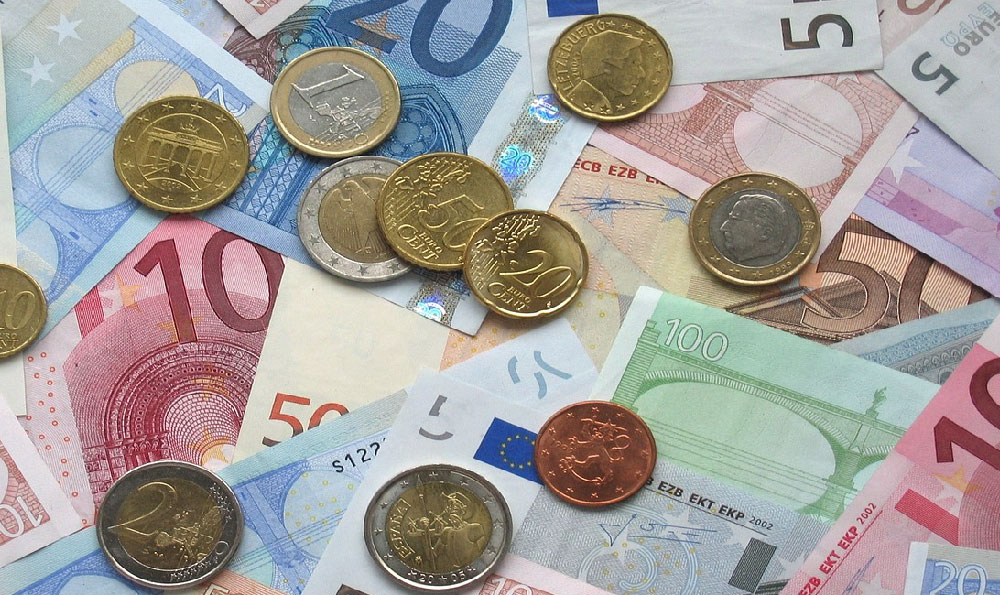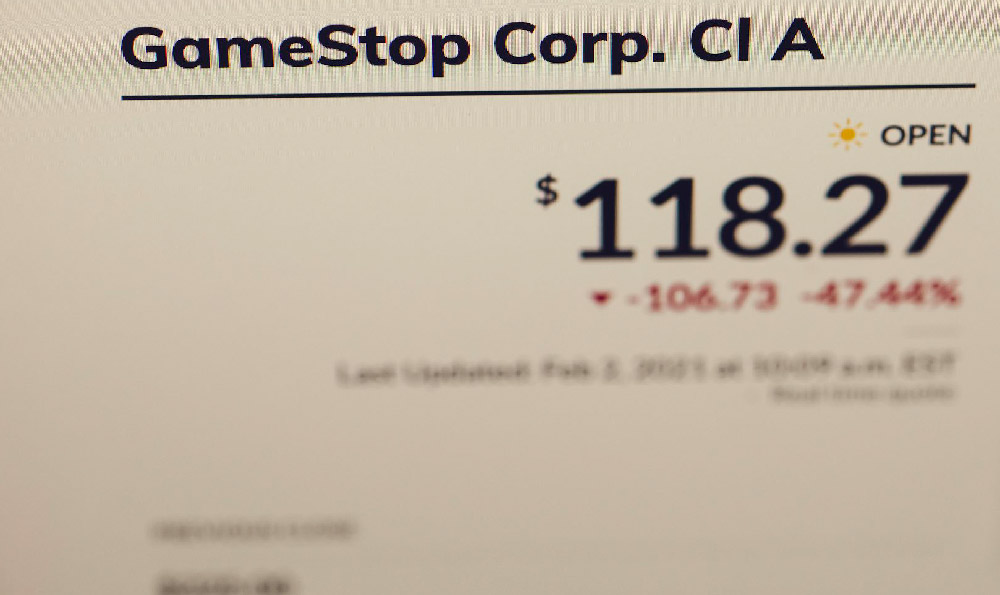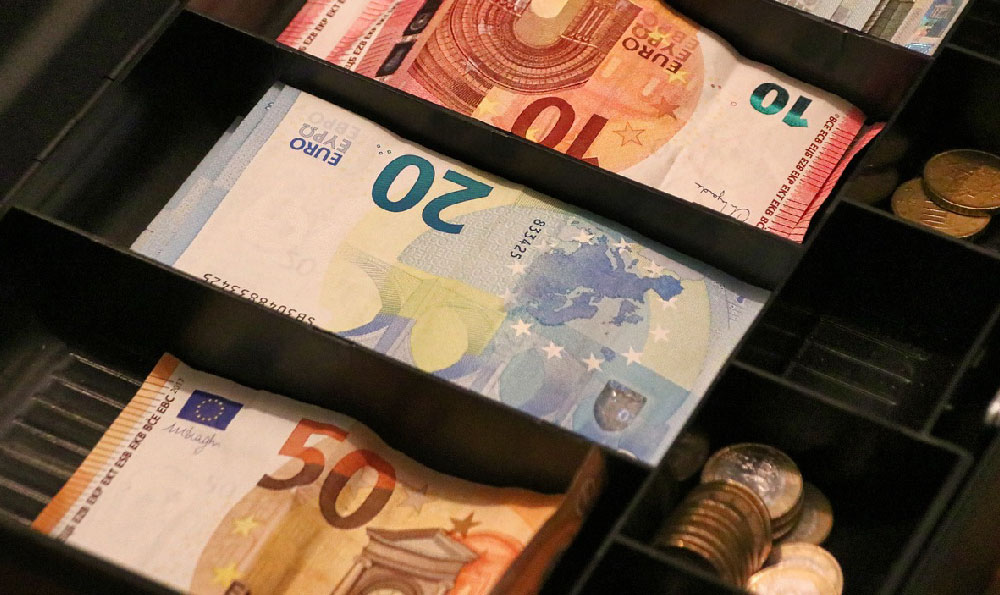The financial landscape for Olympic athletes is a complex tapestry woven with threads of sponsorships, national funding, prize money, and the ever-present struggle for stability. Asking how much they earn, and whether it's enough, opens a Pandora’s Box of variables, highlighting the vast disparities between sports, countries, and even individual athletes within the same discipline.
To paint a broad picture, the earnings of an Olympic athlete are far from a uniform figure. At the very top, global superstars like Michael Phelps, Usain Bolt, or Simone Biles command multi-million dollar endorsements from major brands. These athletes become marketing juggernauts, their fame transcending the sport itself. However, this echelon represents a minuscule fraction of the Olympic pool. The overwhelming majority of athletes toil in relative obscurity, their financial realities far removed from the glossy magazine covers and lucrative ad campaigns.
The primary sources of income for Olympic athletes usually include national funding, prize money awarded for medals, and sponsorships. National funding varies dramatically depending on the country and the sport. Wealthier nations with strong sporting infrastructures, like the United States, Great Britain, or Australia, typically provide more substantial financial support to their athletes through grants, stipends, and access to state-of-the-art training facilities and coaching. These funds are often performance-based, rewarding athletes who consistently achieve high rankings or demonstrate medal potential. In contrast, athletes from developing nations often face significant financial hardship, struggling to afford basic training equipment, travel expenses, and even adequate nutrition. This disparity in funding creates an uneven playing field, placing athletes from less privileged backgrounds at a considerable disadvantage.

Prize money is another potential source of income, although the amounts awarded vary significantly between Olympic Games. The US Olympic & Paralympic Committee, for instance, awards $37,500 for each gold medal, $22,500 for silver, and $15,000 for bronze. While seemingly substantial, this prize money is a one-time payment for years of intense dedication and training. Furthermore, in many countries, this prize money is taxable, further reducing the net amount received. Other nations may offer more generous rewards, while some provide little to no financial compensation for Olympic success. Therefore, relying solely on prize money as a primary source of income is unsustainable for most athletes.
Sponsorships represent the most significant potential for high earnings, but securing lucrative endorsement deals is highly competitive. Companies are more likely to invest in athletes who have a proven track record of success, a compelling personal story, and a strong public image. Athletes competing in popular sports like swimming, gymnastics, or track and field typically attract more attention from sponsors than those in less mainstream disciplines like fencing, archery, or weightlifting. The ability to market oneself effectively, build a strong social media presence, and engage with fans is crucial in attracting sponsorships. Even achieving Olympic qualification doesn't guarantee a sponsorship deal. Many athletes struggle to find sponsors willing to invest in their careers, forcing them to rely on personal savings, family support, or part-time jobs to make ends meet.
The question of whether these earnings are "enough" is subjective and depends on various factors, including the athlete's living expenses, training costs, and future career aspirations. For many Olympic athletes, the pursuit of excellence requires significant personal sacrifice. They dedicate years of their lives to training, often neglecting their education, career development, and personal relationships. The financial strain can be immense, forcing them to make difficult choices between their athletic pursuits and their financial stability. The pressure to perform, coupled with the uncertainty of future income, can take a toll on their mental and emotional well-being.
It's also important to consider the short lifespan of an athletic career. Most Olympic athletes compete at their peak for only a few years, after which they must transition to a new career path. This transition can be challenging, as many athletes lack the formal education or professional experience required for traditional employment. The skills and discipline acquired through athletic training can be valuable assets in the workforce, but athletes often require additional training or education to translate their skills into marketable qualifications.
Therefore, is it "enough?" For the vast majority of Olympic athletes, the answer is a resounding no. The financial rewards are often inadequate to compensate for the years of dedication, sacrifice, and financial hardship. The system disproportionately favors elite athletes in popular sports, leaving countless others struggling to make a living. Addressing this issue requires a multi-faceted approach, including increased national funding for Olympic sports, more equitable distribution of sponsorship opportunities, and greater support for athletes transitioning to post-athletic careers. Furthermore, raising awareness of the financial realities faced by Olympic athletes can help to inspire greater support from the public and private sectors. Ultimately, ensuring that Olympic athletes are adequately compensated for their dedication and hard work is essential to promoting fairness, fostering a sustainable athletic ecosystem, and inspiring future generations of athletes to pursue their dreams. The focus should be on creating a system that supports not just the superstars, but all those who dedicate their lives to representing their countries on the world's biggest stage.












